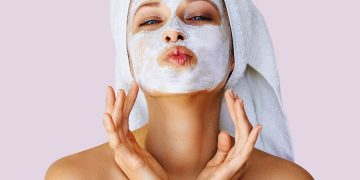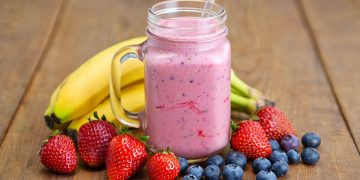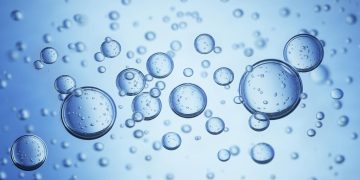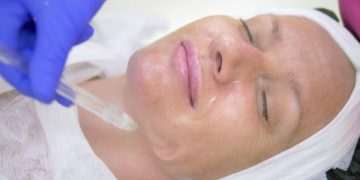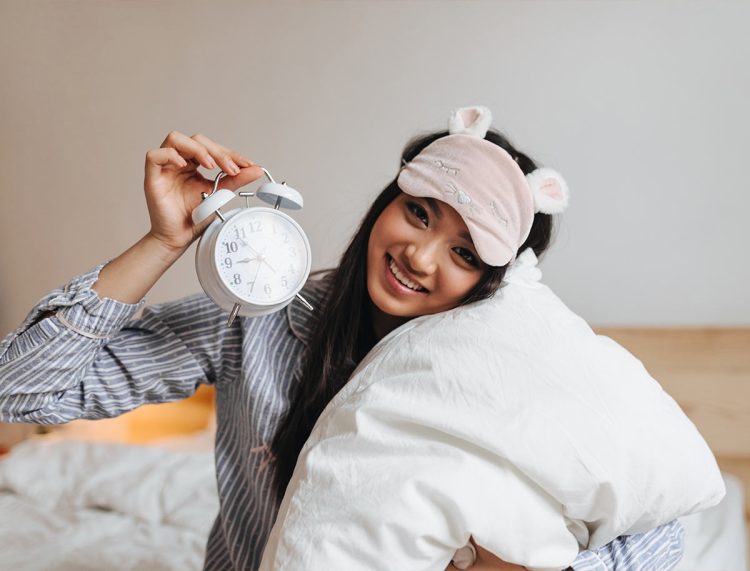In a world saturated with serums, injectables, and high-tech aesthetic treatments, one of the most transformative beauty enhancers remains the simplest—and the most overlooked: sleep. While the beauty industry continues to innovate at rapid speed, the timeless relationship between restorative rest and radiant skin has never been more relevant. From collagen synthesis to cellular repair to emotional balance, sleep hygiene may be the most underrated pillar of long-term beauty and wellness.
But what exactly makes high-quality sleep such a powerful aesthetic tool? And how can optimizing your circadian rhythm and nightly routines deliver visible, lasting results that no topical alone can achieve?
This article explores the intricate science connecting sleep and beauty, the mechanisms that shape overnight rejuvenation, and practical strategies for building sleep hygiene routines that support glowing skin, healthy aging, and overall vitality.
1. The Circadian Rhythm: Your Body’s 24-Hour Beauty Clock
Every function in the body operates according to an internal timing system known as the circadian rhythm. This biological clock determines when cells repair, when hormones are released, and when skin transitions into its most active regenerative phase.
How the Circadian Rhythm Affects Skin
Your skin isn’t just a passive barrier—it behaves differently depending on the time of day:
- Morning: Protective mode
Skin shields itself from UV radiation, pollution, and oxidative stress. - Evening: Repair mode
Blood flow increases, cell turnover accelerates, and the skin becomes more permeable—ideal for treatment absorption. - Night: Peak regeneration
DNA repair, collagen production, and cellular detoxification intensify, especially during deep sleep cycles.
Disrupted sleep patterns can disturb this entire cycle, leading to:
- Dull complexion
- Increased inflammation
- Slower healing of acne and blemishes
- Premature fine lines and pigmentation
Maintaining a stable circadian rhythm isn’t just healthy—it’s cosmetically essential.
2. The Connection Between Deep Sleep and Collagen Production
Collagen—the structural protein responsible for firmness, elasticity, and smooth skin—is one of the most important factors in visible youthfulness.
Why Sleep Is a Collagen Multiplier
During slow-wave (deep) sleep, the pituitary gland releases human growth hormone (HGH), which:
- Triggers collagen synthesis
- Supports tissue repair
- Strengthens the skin barrier
- Encourages hyaluronic acid production
Without adequate deep sleep, collagen production slows dramatically, leading to:
- Fine lines becoming more visible
- Loss of firmness around the jawline and eyes
- Increased susceptibility to environmental damage
While skincare can stimulate collagen externally, sleep amplifies the process from within—making it a foundational anti-aging strategy.
3. Overnight Detox: Melatonin and Oxidative Stress Control
Melatonin is commonly known as the sleep hormone, but it also plays a crucial role in beauty and skin health.
Beauty Benefits of Melatonin
- Acts as a powerful natural antioxidant
- Reduces oxidative stress from UV exposure
- Regulates pigmentation
- Enhances cell survival during overnight repair
Studies show that poor sleep reduces melatonin release, compromising the skin’s ability to combat environmental damage. Consistent sleep hygiene helps maintain melatonin levels, improving clarity, glow, and resilience.

4. Sleep Deprivation and Visible Aging: What Science Shows
Sleep loss doesn’t just make you feel tired—it visibly ages the face.
Common Aesthetic Consequences of Poor Sleep
- Dark circles due to expanded blood vessels and poor circulation
- Puffiness caused by lymphatic stagnation
- Dull complexion from reduced oxygen flow
- Increased redness due to inflammation
- Fine lines from diminished collagen synthesis
- Drooping eyelids as muscles fatigue
- Slower wound healing, impacting acne-prone skin
Long-term sleep deprivation accelerates aging significantly, often more than sun exposure or lifestyle stressors.
5. Sleep Hygiene: The Ritual That Shapes Your Beauty Outcomes
Sleep hygiene refers to the daily habits and environmental conditions that support consistent, restorative sleep. Even small changes can dramatically improve both sleep quality and visible beauty.
Key Beauty-Focused Sleep Hygiene Practices
1. Maintain a Consistent Sleep Schedule
Regulates circadian rhythm, balancing hormone cycles and supporting predictable skin repair.
2. Create a Dark, Cool, Quiet Sleep Environment
- Lower temperatures enhance deep sleep
- Darkness boosts melatonin production
- Silence reduces micro-awakenings that disrupt REM cycles
3. Limit Blue Light Before Bed
Screens suppress melatonin and delay the onset of deep sleep.
Replace screen time with:
- Reading
- Journaling
- Gentle stretching
4. Eat and Drink Strategically
Avoid:
- Late caffeine
- Heavy meals
- Alcohol before bed
Embrace:
- Tryptophan-rich foods
- Herbal teas
- Hydration earlier in the day
5. Wind Down With Rituals
A beauty-focused nighttime routine can include:
- Warm shower to lower body temperature afterward
- Facial massage to stimulate circulation
- Skincare timed for peak absorption
- Magnesium supplementation (with medical guidance)
6. Use Bedding That Supports Skin Health
- Silk pillowcases to reduce friction
- Hypoallergenic materials
- Fresh, clean linens
6. How Beauty Sleep Enhances Skincare Effectiveness
The products you use at night work in synergy with your internal repair processes.
Why Nighttime Skincare Works Better
At night:
- Skin permeability increases
- Active ingredients penetrate deeper
- Blood flow improves nutrient delivery
- Oil production decreases, enhancing absorption
Paired with good sleep hygiene, nighttime skincare yields more dramatic results.
Best Ingredients for Overnight Beauty
- Retinol
- Peptides
- Hyaluronic acid
- Ceramides
- Niacinamide
- Antioxidants like vitamin C and E
Sleep amplifies their impact, accelerating visible improvement.
7. Emotional Well-Being and Beauty: A Sleep-Driven Relationship
Sleep also affects hormones tied to mood and stress, including:
- Cortisol
- Serotonin
- Dopamine
High cortisol from sleep deprivation leads to:
- Inflammation
- Breakouts
- Skin barrier damage
- Hair shedding
Good sleep hygiene stabilizes mood-regulating hormones, making your complexion more balanced and less reactive.
8. When Sleep Is the Ultimate Anti-Aging Intervention
In the long run, sleep is one of the most powerful, accessible, and affordable anti-aging tools available.
Benefits Accumulated Over Time
With consistent sleep hygiene, people often notice:
- Brighter skin tone
- Reduced wrinkles
- Stronger skin barrier
- Fewer breakouts
- Tighter facial contours
- Less morning puffiness
- Improved overall radiance
Unlike cosmetic treatments, sleep works holistically—strengthening both internal and external beauty foundations.
Conclusion: Can Sleep Hygiene Transform Your Beauty Routine?
Absolutely. While skincare products and treatments continue to evolve, sleep remains a cornerstone of beauty—one that no amount of cosmetics can replace. By syncing with your circadian rhythm, supporting collagen production through deep sleep, and creating nightly routines that nourish both body and mind, you unlock the most natural and sustainable path to glowing, youthful skin.
Sleep is not just rest—it’s regeneration, detoxification, and rejuvenation. And when practiced with intention, it becomes one of the most potent beauty tools you will ever use.

